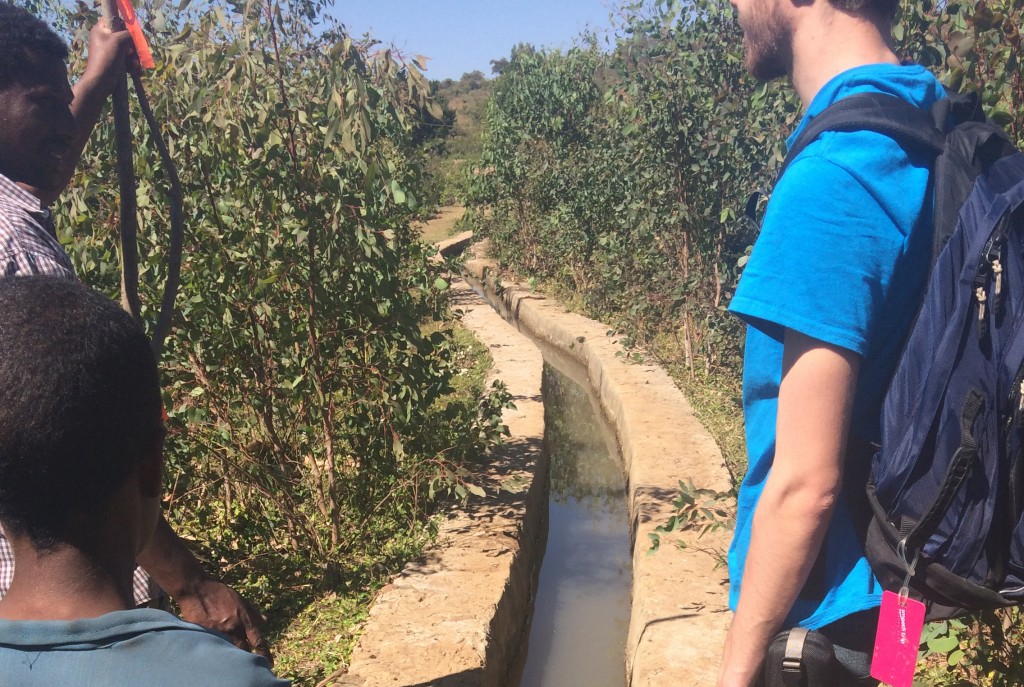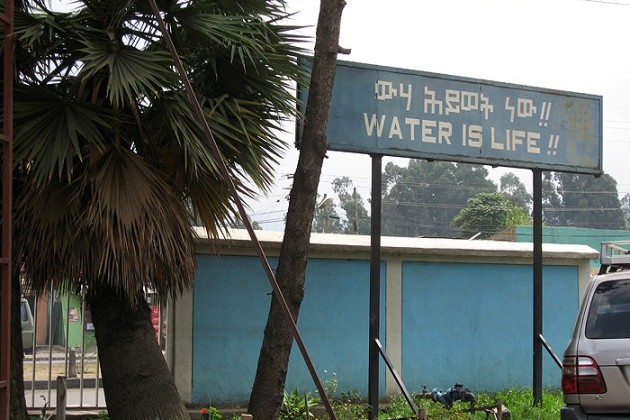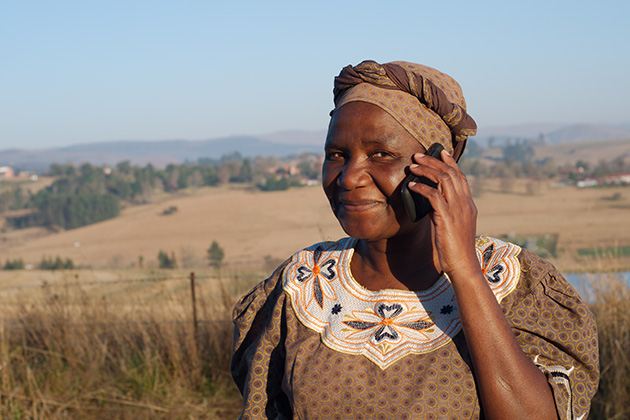
Three UConn engineering students are working in partnership with a village in Ethiopia to help improve the water supply.
During winter break, the three students, who are all members of the UConn chapter of Engineers Without Borders, traveled to the village to begin surveying for a project to improve the community’s water infrastructure.
The village, called the Woreta Zuria Administrative Kebele, has an extensive dry season, lasting nine months of the year. The residents depend on agricultural production for their livelihood, and this year is particularly difficult for them, because of the drought that Ethiopia is experiencing.
“The community we’re working in is entirely relying on agriculture for sustenance,” says Kristin Burnham ’19 (ENG, CLAS), a double major in environmental engineering and molecular and cell biology.
Read more @ UConn Today

